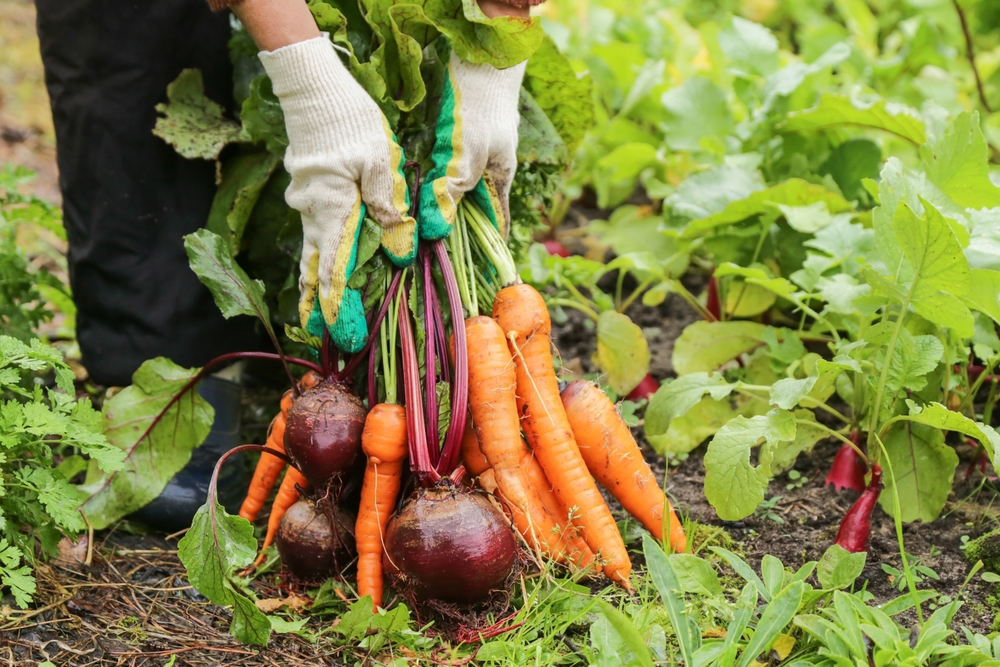Modern life has evolved at lightning speed. While we have gained digital know-how and new conveniences, some practical life skills have quietly disappeared. These were once passed down from parents, schools, and communities. Today, many people enter adulthood without knowing how to handle the basics that past generations saw as essential. Whether it is because of shifting values, overreliance on technology, or changes in education, some everyday competencies have faded from memory. Here are 10 once-common life skills that few people seem to learn anymore, even though they remain deeply useful.
Reading a Map and Navigating Without GPS

There was a time when finding your way meant unfolding a paper map, planning your route, and using visual landmarks to stay on track. Today, most people rely entirely on GPS devices or apps. While navigation tools are convenient, they are not always accurate or available. In rural areas or during power outages, knowing how to read a map can save time, prevent confusion, and even keep you safe. Map-reading builds spatial awareness and allows you to adapt when your phone fails or signal disappears. This skill can also enhance your sense of direction and confidence in unfamiliar places.
Cooking Basic Meals from Scratch

Many younger adults rely on takeout, frozen meals, or meal delivery apps. While fast options offer convenience, they often sacrifice nutrition and cost-effectiveness. Cooking at home used to be standard, with families teaching children how to prepare meals with pantry staples and fresh ingredients. Now, many people cannot make basic dishes like scrambled eggs, rice, or pasta without a recipe. Cooking from scratch allows you to control ingredients, manage your diet, and save money. It also builds independence and can serve as a creative outlet. Knowing your way around a kitchen should be as common as knowing how to charge your phone.
Read More: 18 Life Skills You Didn’t Learn In School (But Should Have)
Sewing a Button or Mending Clothes

Fixing a torn hem, patching a hole, or replacing a missing button was once a routine part of life. Now, many people throw away clothes when they are damaged or rely on tailors for simple repairs. Fast fashion has made clothing cheap and disposable, but that mindset creates waste and costs more in the long run. Basic sewing skills can extend the life of your wardrobe, help you adjust ill-fitting clothes, and reduce environmental impact. A needle, thread, and a little patience are all you need to preserve what you own and make it last longer.
Writing a Formal Letter or Email

With texts, emojis, and voice notes dominating communication, the art of professional writing is fading. Many people struggle to compose a well-written letter, formal email, or even a proper thank-you note. This can be a problem in job applications, legal matters, or professional correspondence where clarity and tone matter. Writing with structure, grammar, and purpose shows respect and competence. It can influence how others perceive your intelligence and reliability. Even in a digital world, written communication skills remain valuable in careers, relationships, and personal milestones.
Budgeting and Managing Personal Finances

Understanding how to budget, save, and spend wisely was once considered a rite of passage. Now, many people enter adulthood with little knowledge of money management. Credit cards, digital wallets, and auto-payments make it easy to lose track of spending. Without basic financial literacy, people are more likely to fall into debt or miss opportunities to grow their wealth. Knowing how to track expenses, avoid unnecessary debt, and save for emergencies can reduce stress and lead to long-term security. Financial skills are not only practical but essential for a stable future.
Growing Your Own Food

Gardening was once a survival skill. Even small gardens provided fresh vegetables and herbs, especially during hard times. Today, few people know how to grow their own produce. Store-bought food is often convenient but may lack flavor, variety, or sustainability. Learning to grow food teaches patience, responsibility, and an appreciation for where meals come from. It can also save money, reduce your environmental footprint, and provide a sense of accomplishment. Whether it is a backyard garden or a windowsill herb box, cultivating your own food remains a meaningful skill.
Basic Car Maintenance

For decades, knowing how to check your oil, change a tire, or jump-start a car was expected of every driver. Modern vehicles have become more complex, but some basic maintenance tasks are still necessary. Unfortunately, many drivers today rely entirely on mechanics or roadside assistance. This can lead to delays, costs, or even dangerous situations. Learning how to maintain your car can improve safety, extend its lifespan, and reduce repair expenses. It also builds self-reliance and keeps you from getting stranded when help is not nearby.
Making a Phone Call and Holding a Conversation

Phone anxiety has become common, especially among younger generations. Texts and chats have replaced phone calls, leading to a decline in verbal communication skills. Being able to make a clear call, speak respectfully, and hold a conversation is still important in many parts of life. Whether scheduling appointments, handling emergencies, or networking professionally, the ability to communicate over the phone shows confidence and maturity. It also helps build trust, resolve misunderstandings, and maintain relationships in a personal and direct way.
Using Tools and Making Basic Repairs

Once upon a time, owning a toolbox and knowing how to use it was a mark of independence. Today, many people cannot hang a shelf, assemble furniture, or fix a leaky faucet. Relying on professionals for small home tasks can become expensive and time-consuming. Basic repair skills like hammering a nail, drilling a hole, or tightening a screw can make daily life easier. Learning to use common tools helps you care for your space and understand how things work. It also fosters problem-solving and confidence in your ability to handle minor setbacks.
Memorizing Important Information

Before smartphones stored every contact, address, and password, people memorized key information. Memory skills helped people function without constant digital assistance. Now, many struggle to recall phone numbers, birthdays, or directions without their devices. Relying entirely on technology can weaken memory and increase stress when devices fail. Training your memory strengthens mental sharpness and reduces dependence on screens. It can also boost self-reliance and improve your ability to focus and retain new information.
Conclusion

The world has changed, but that does not mean every old skill is outdated. These once-essential abilities still hold value in daily life. Losing them can make people more dependent, less adaptable, and more vulnerable to modern challenges. Relearning these skills offers practical benefits and personal growth. They foster independence, creativity, and resilience. Whether it is cooking a meal, fixing a tear, or reading a map, these forgotten arts deserve a second look. They are more than tasks, they are tools for living well.
Disclaimers: This article was created with AI assistance and edited by a human for accuracy and clarity.
